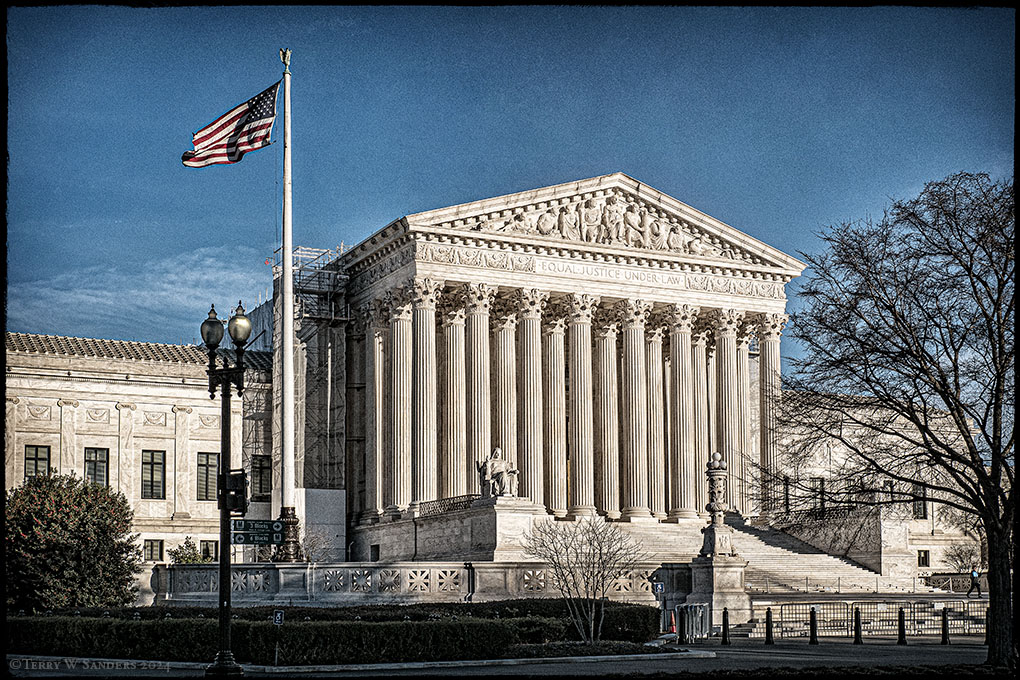The Supreme Court is set to hear arguments that may redefine the boundaries of content moderation on social media platforms, a landmark moment for the operation of digital ecosystems and the question of free speech. This legal debate revolves primarily around controversial laws from Florida and Texas, enacted in the wake of widespread debates over censorship and the role of tech giants in public discourse. These laws, aimed at preventing the platforms from banning users based on political viewpoints, call into question the First Amendment and the extent to which the government can influence online speech.
The dispute traces back, in large part, to the suspension of former President Donald Trump’s accounts by major social media companies following the January 6, 2021 Capitol riots. In response, Republican-led legislatures in Florida and Texas crafted legislation to curb what they perceive as bias against conservative views, challenging the autonomy of platforms like Facebook, Twitter, and YouTube to police their content. The Florida law imposes fines on platforms that ban political candidates, while the Texas statute prohibits the removal of content based on the user’s viewpoint.
NetChoice and the Computer & Communications Industry Association, representing the tech industry, have filed lawsuits to block these laws, arguing they infringe on the companies’ First Amendment rights to make editorial decisions. Legal experts and advocates from various perspectives are closely watching the cases, recognizing their potential to significantly impact the digital landscape.
Critics of the laws warn that forcing platforms to carry all forms of speech, including hate speech and extremism, could lead to a more toxic online environment. They argue that content moderation is essential for maintaining safe and inclusive digital spaces. On the other hand, supporters assert that the regulations protect against ideological bias and ensure a diversity of opinions in the digital public square.
The Supreme Court’s decision, expected by June, will undeniably have far-reaching implications for the tech industry and online speech. A ruling upholding the laws might compel social media companies to radically alter their content moderation practices, potentially leading to a fragmented internet where access and content vary widely by location. Conversely, a decision favoring the platforms could affirm their right to self-regulate, preserving the status quo but intensifying debates over digital censorship and governance.
Adding to the complexity of the situation are social media algorithms that are created to boost certain content; if companies are not allowed to determine the speech that’s on their platforms, can they pick and choose which speech to promote?
As the court weighs these arguments, the outcome will shape the future of free expression online, testing the limits of government intervention in the digital age and the principle of the internet as an open, democratic forum for all.












